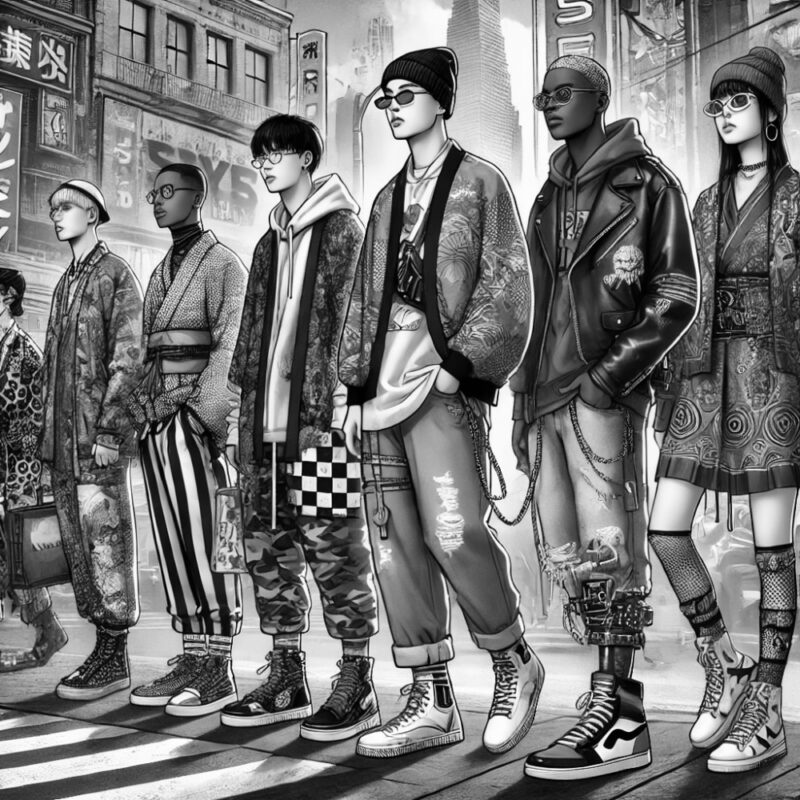The Power of Diversity in Shaping Modern Fashion
Street style is more than just fashion; it is an evolving canvas of cultural identity, personal expression, and societal trends. From the bustling streets of Tokyo to the vibrant corners of New York City, the way people dress reflects their heritage, creativity, and the world around them. Let’s explore how culture shapes global street style and continues to redefine the boundaries of fashion.
The Role of Local Traditions in Modern Streetwear
Many global street style trends have their roots in traditional attire. In Japan, for instance, streetwear often incorporates elements of kimono-inspired prints or samurai aesthetics, blending heritage with modern silhouettes. Similarly, African prints and patterns have made their way into street fashion worldwide, celebrating vibrant colors and intricate designs that honor the continent’s cultural richness.
Incorporating local traditions not only preserves cultural heritage but also creates unique fashion statements that resonate globally. These influences bridge the gap between past and present, making street style a medium of cultural storytelling.
How Subcultures Drive Innovation
Subcultures play a vital role in shaping street style. Hip-hop culture from the Bronx introduced baggy jeans, oversized shirts, and sneakers to the mainstream, while punk rock movements from the UK gave rise to leather jackets, ripped jeans, and bold accessories.
Today, these subcultural influences continue to evolve, with skater aesthetics, grunge elements, and even techwear reshaping what street style looks like. Each subculture brings a fresh perspective, inspiring new designs and challenging conventional norms.
The Globalization of Street Style
The rise of social media and digital platforms has created a melting pot of street style influences. A teenager in Seoul can take inspiration from Los Angeles skate culture, while a fashion enthusiast in Paris might incorporate New York’s hip-hop vibes into their wardrobe.
This interconnectedness has blurred the lines between local and global trends, making street style a universal language. However, it also raises questions about cultural appropriation versus appreciation, emphasizing the need for awareness and respect when borrowing from other cultures.
High Fashion Meets Streetwear
Luxury brands have embraced street style, blending high fashion with casual aesthetics. Collaborations like Louis Vuitton and Supreme or Gucci and The North Face reflect this crossover, proving that streetwear is no longer limited to urban streets but is celebrated on runways and red carpets.
These partnerships highlight the power of cultural fusion, as luxury brands draw from the authenticity of street style while streetwear gains prestige from high fashion. This synergy has expanded the reach of streetwear, elevating its status worldwide.
The Future of Global Street Style
As street style continues to evolve, sustainability and inclusivity are becoming more prominent. Brands are exploring eco-friendly materials, while diverse representation is redefining beauty and style standards.
With each new trend, street style remains a powerful form of self-expression that celebrates individuality and cultural diversity. Its future lies in its ability to adapt, innovate, and honor the rich tapestry of global influences that make it so unique.






